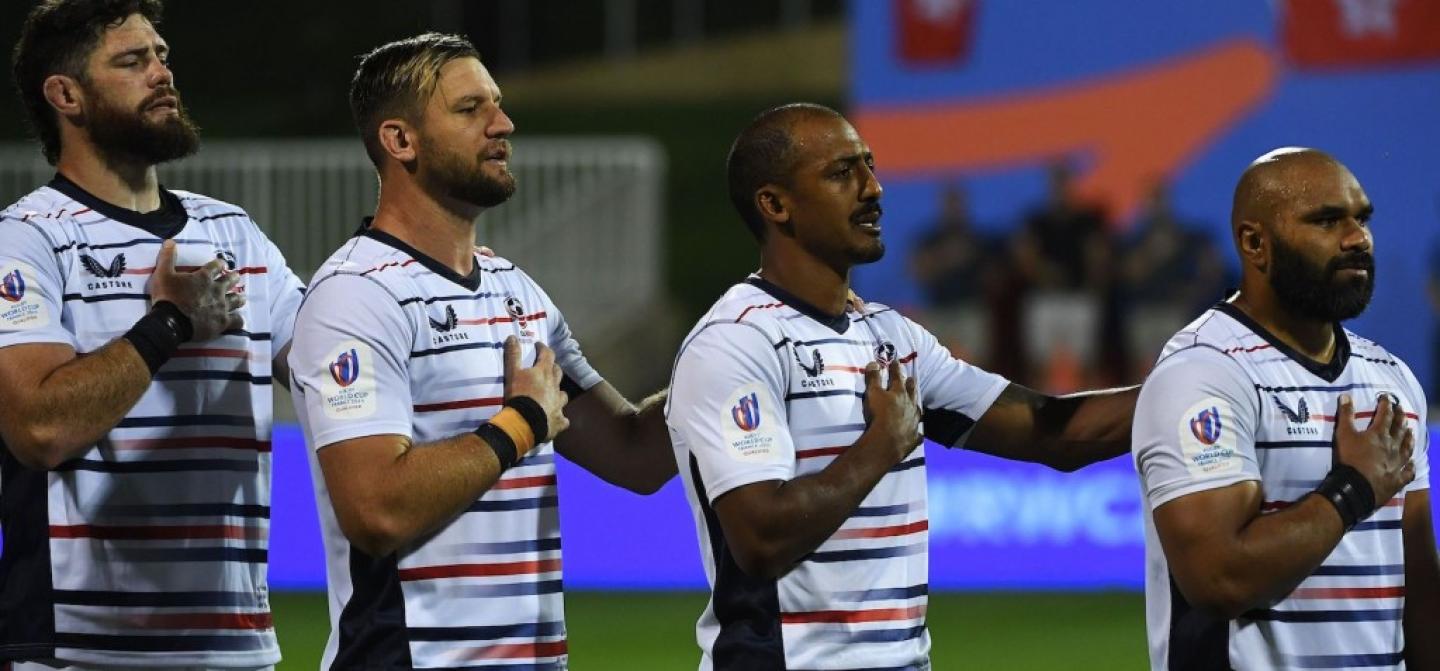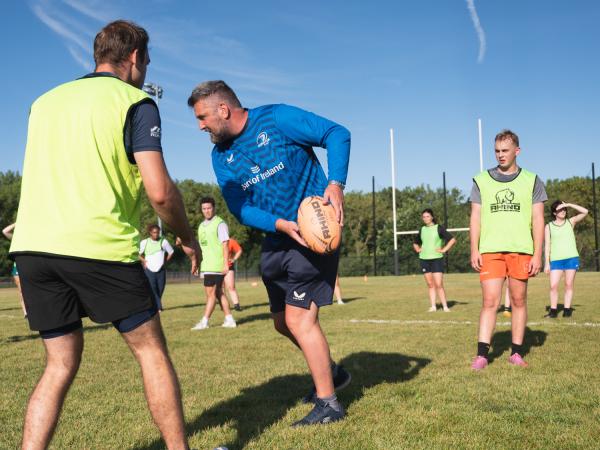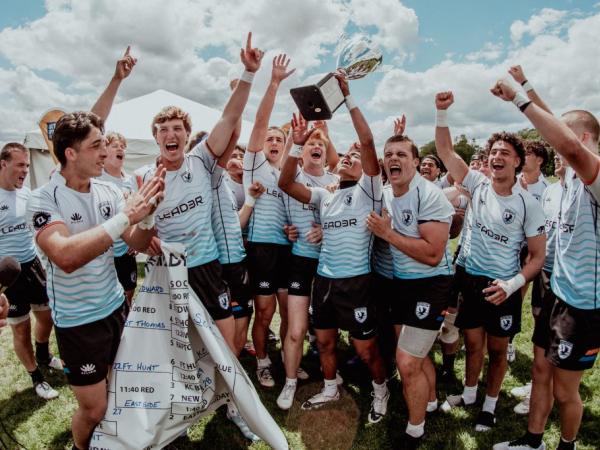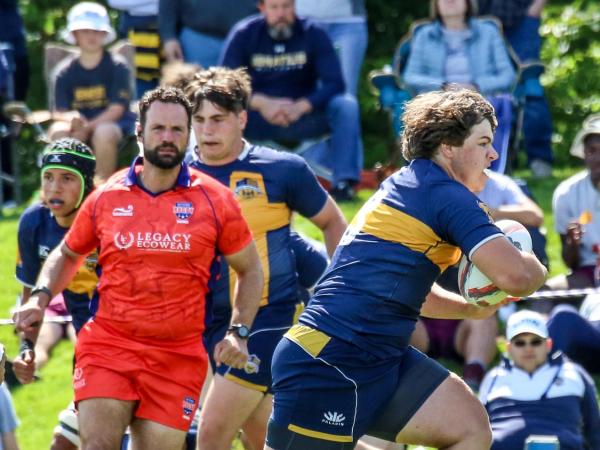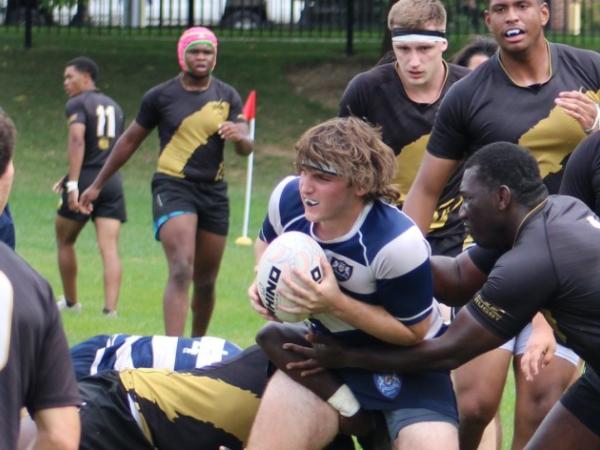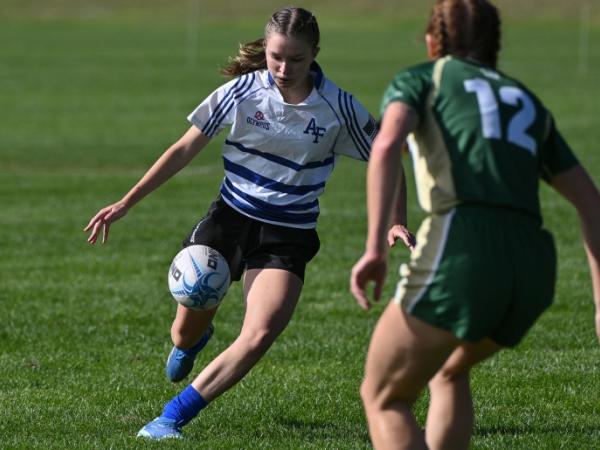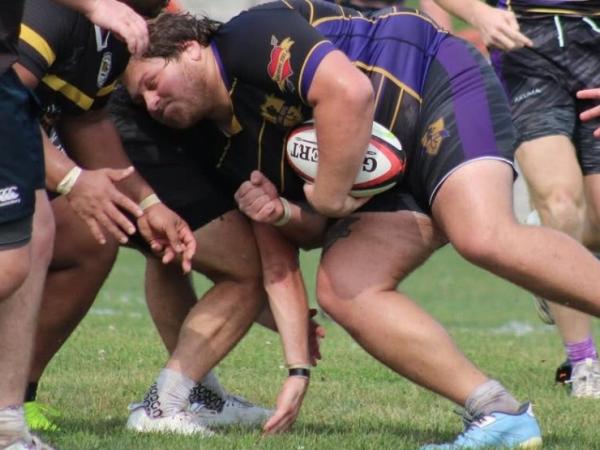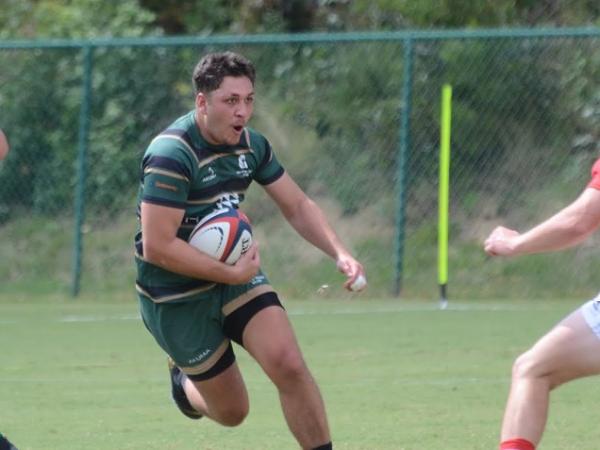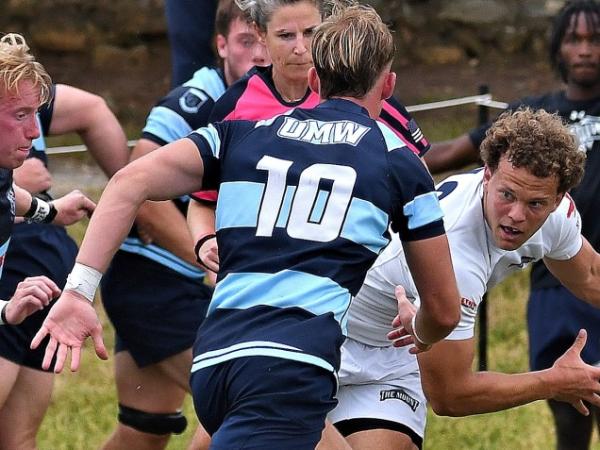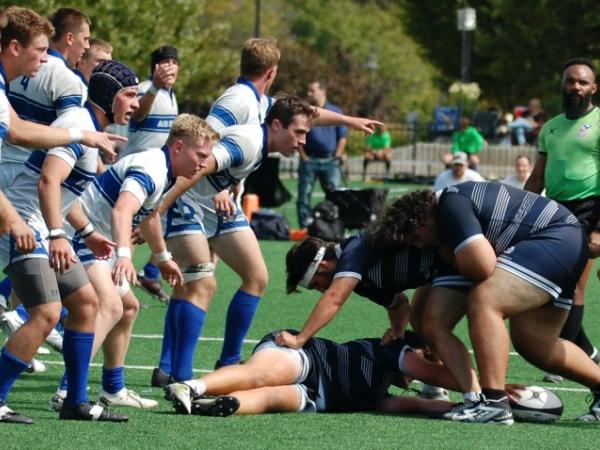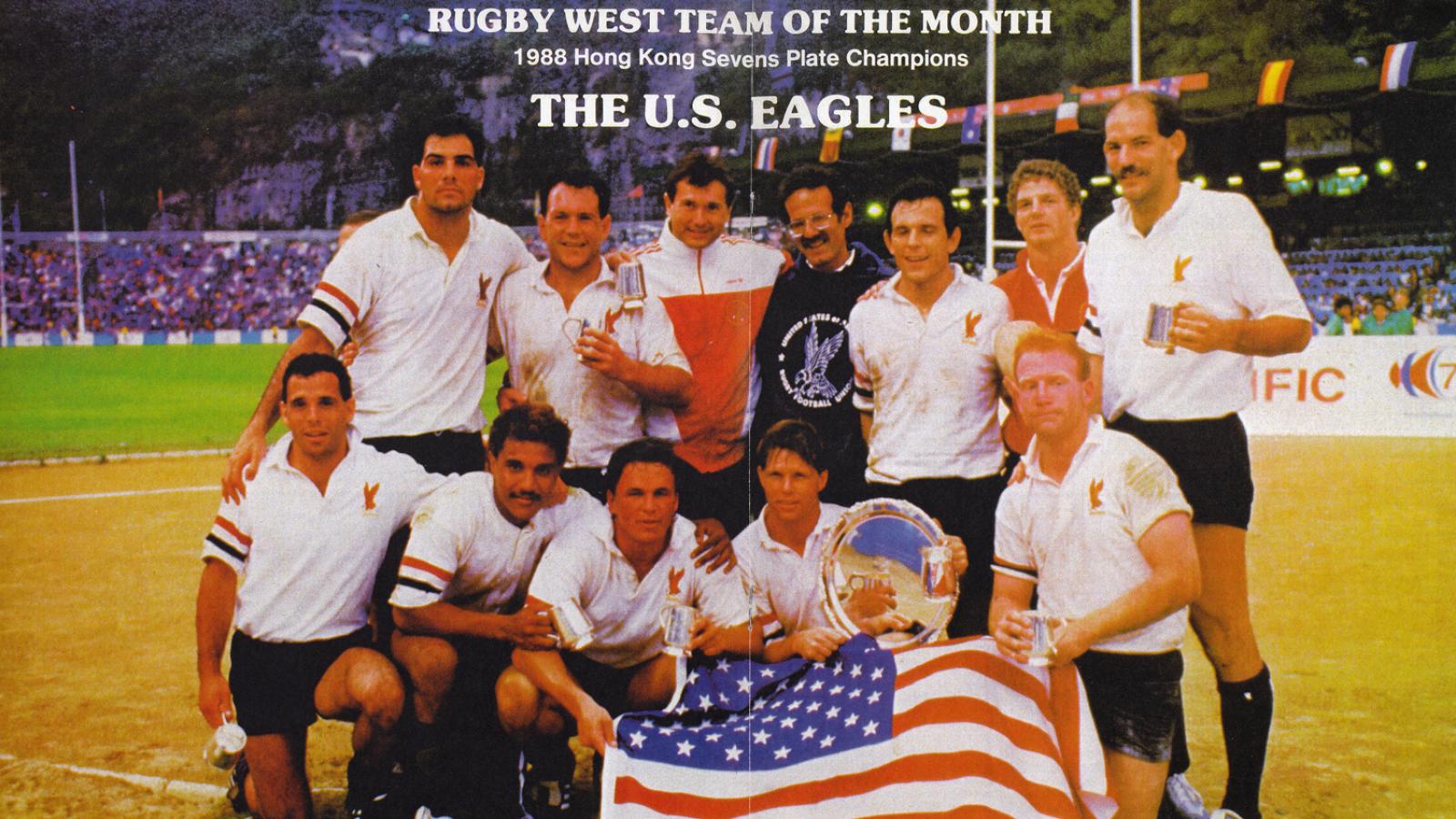Recommendation #1
Rebuild Trust & Emphasize a culture of Excellence & Accountability
One of the things I keep hearing is that USA Rugby will never be successful until it gets more funding and figures out how to generate more revenue. I don’t want to discount this issue, as increasing fundraising and revenue generation is important. However, I would argue that too often programs, pathways and resources managed by USA Rugby have issues with quality control, customer service, and follow through that cannot be solved with increased funding alone.
There are countless things (such as waiting weeks to hear back about simple requests, a lack of communication with current/potential players, and even jerseys that are too big for players) that have resulted in USA Ruby’s diminished credibility with its customers and those program pathways that are developing players. If USA Rugby is involved in something it should set a standard for excellence that can be replicated by the clubs, schools, and programs under its umbrella. If USA Rugby programs are not being run well, they need to be repaired or removed quickly. The organization must consistently demonstrate a continued commitment to excellence and accountability. We need to believe that if USA Rugby is leading, we should follow and/or support it.
Here are some specific next steps for this recommendation:
Complete a comprehensive survey of USA Rugby customers and partners. Perhaps my assessment of USA Rugby is wrong. Maybe most customers and potential partners trust USA Rugby and it is generally perceived as an exemplary model and partner for player development. If that is true, it should be quantified in a robust, statistically representative survey that provides a clear and accurate foundation for what customers and potential partners feel about USA Rugby, and where they are willing to support and partner with the organization. This survey, if done correctly, will provide a valuable roadmap for improving trust, rebuilding credibility, and expanding partnerships.
Do less but do it better.
It is always hard to reduce programs or investments, but credibility and trust are critical elements for USA Rugby and anything it does. Programs managed or lead by USA Rugby need to be models for effective player development. If they do not meet that threshold they need to be fixed or removed immediately. It is sometimes better to have no program rather than one that cannot be managed or administered effectively.
Recruit qualified, successful leaders—do not settle for volunteers—USA Rugby coaches, administrators, and advisors should have three key attributes.
1) They should have a history of leading successful programs;
2) They should have been responsible for developing top quality rugby players that went on successfully to play at the next level;
3) They should have the respect of their peers in their given coaching or administrative rugby community. T
oo often people that volunteer or ex-players who do not meet any of these criteria are put into key decision-making roles. There needs to be a more effective recruiting process with guidance and/or oversight from an advisory group (see recommendation for advisory group in Part 2) that has a deeper understanding of their specific rugby community.
Recommendation #2
Elevate Coaches that are Grounded in US Player Development
The US team is missing the RWC in 2023 not because of one lost (or tied) game, but because of continued failures over several opportunities to qualify and an inability to develop and execute a game plan to win one of three critical games. We must discuss the details of these failures, and whether they were the result of specific game plans, player usage and substitutions, and/or preparation by players and coaches. These arguments are probably valid; however, the bigger and more fundamental problem lies in the coaches picked by USA Rugby, like Gary Gold, who have a vision of how rugby should be played that is not grounded in the skills, abilities, and strengths of US players, but instead is based on how they play in South Africa or whatever Tier 1 country from which they hail.
Against Portugal, a very proficient kicking and catching team, we continued kicking, especially in the middle part of the field, and generally lost the kicking battle rather than playing to our strengths, winning in contact and wearing down the opposition. I understand there is often a conflict between a coach’s vision and a team’s strength, but the results speak for themselves. Our next coach has to be well versed and grounded in player development programs in the US so they coach to our strengths, not to a vision that cannot be quickly and effectively implemented in the tight international schedule.
Here are some specific next steps for this recommendation:
Replace Gary Gold ASAP with a Head Coach who is grounded in US Player Development. I am going to assume that I do not have to spend time convincing the decision makers that USA Rugby needs to replace Gary Gold as soon as possible. Instead, I want to focus on the criteria that should be considered for his replacement. First and foremost, the next HC of the Senior team needs to have a deep understanding of the players and the programs who could represent the US over the next five years. That coach needs to place a high priority on understanding the strengths and weaknesses of his player pool and building game plans on that understanding, while also challenging his players to continue to improve at the international level in those areas that would strengthen the team.
Lastly, it is important to bring in a coach who has had success in the US, preferably at different levels, and has demonstrated an ability to win with players that have largely learned their rugby in the US. I recognize that there is always a preference to bring in a coach from a Tier 1 rugby country, with the belief that they will elevate the game. If they do not have a strong working knowledge of player development pathways in the US, this is a mistake.
Prioritize Coach Evaluation and Development. One of the mistakes I continue to see is the continued early elevation of players who move directly into head coach or prestigious coaching assignments without a deep understanding and plan for player and team development. I understand why it happens—we often do not have enough quality coaches in consideration—but decision makers would rather err on the side of a great player than a head coach who has had success but does not have a professional or international pedigree. USA Rugby needs to expand and improve the opportunities for coaching development AND it needs to create transparent, competitive opportunities for successful coaches to compete and be evaluated for coaching assignments within USA Rugby.
This is Part 1 of 2
This is the first of two articles identifying recommendations to improve USA Rugby and ensure we qualify for the next Rugby World Cup in 2027, as well as to develop a culture and process for continuous improvement with better outcomes on and off the pitch. Feel free to send us your comments on this either on social media platforms or contact GRR here>>.
Contributor Bio: Josh Williams founded Thunder Rugby in 2011 with a few other coaches. He has coached at every age group in the youth level from u8s to u18s. He has been the Head Coach for Thunder Rugby’s u18s and Carlsbad HS since 2020. Thunder Rugby won the National Boys HS National Championship in the HS Club Division in 2021, and the Tier 2 Championship in 2022. He also serves as president of Thunder rugby, even though everyone knows Veronica, his wife, really runs the club.





